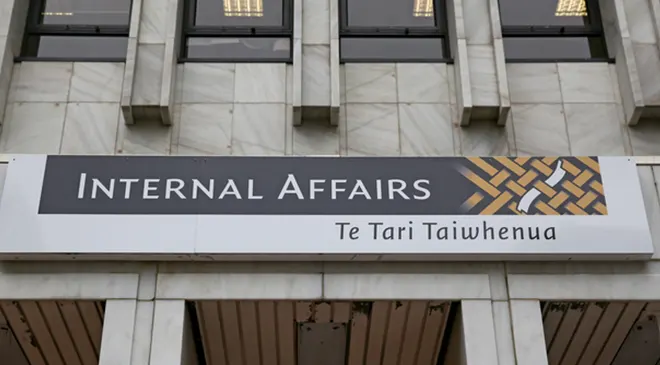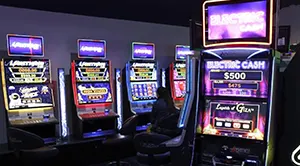 The Department of Internal Affairs (DIA), also known as Te Tari Taiwhenua, found eight people to have participated in an allegedly corrupt gambling network of Class 4-licensed businesses that used to operate in Hawke’s Bay, New Zealand. As reported by the New Zealand Herald, they were accused of violating the Gambling Act 2003 as well as the Crimes Act 1961.
The Department of Internal Affairs (DIA), also known as Te Tari Taiwhenua, found eight people to have participated in an allegedly corrupt gambling network of Class 4-licensed businesses that used to operate in Hawke’s Bay, New Zealand. As reported by the New Zealand Herald, they were accused of violating the Gambling Act 2003 as well as the Crimes Act 1961.
The alleged offences concern the illicit acquirement of money generated from gambling machines, as well as embezzlement of funds made from the granting of Class 4 licences. The DIA also alleged that Class 4 grants were offered in exchange for benefits despite the venues in question not having the proper conditions to operate in accordance with the law.
DIA Gambling Director Vicki Scott condemned the network, claiming that unlawful gambling businesses deprive “compliant and honest organisations” of licences and tarnish the reputation of the gambling sector as a whole. Scott also stated that individuals behind such illegal operations are fully aware of New Zealand’s gambling regulations and, in spite of this, choose to commit actions that are against the law.
Three of the eight defendants are currently in custody after appearing before the Napier District Court on January 18th. Only one of them has thus far pleaded not guilty, and all three are due to appear in court not long after today’s hearing. As for the five who remain, their actions are set to be addressed in court in February.
New Zealand Authorities Have Had to Deal With a Number of Cases Tied to Gambling Crime
 Although this incident is among the first cases in relation to gambling to be brought to court in 2024 within New Zealand, it seems that the investigation leading up to the official detainment of those involved had begun in 2023. Moreover, last year was, in general, eventful for the country’s authorities in terms of gambling-related crime.
Although this incident is among the first cases in relation to gambling to be brought to court in 2024 within New Zealand, it seems that the investigation leading up to the official detainment of those involved had begun in 2023. Moreover, last year was, in general, eventful for the country’s authorities in terms of gambling-related crime.
In May 2023, the New Zealand Herald reported on another case concerning an illegal gambling operation. The business was under the control of Yanxian Liu, who had organised betting on mahjong games within his Auckland-based restaurant, despite not being licensed to do so. In spite of this and his other transgressions, which included the illicit selling of tobacco and Chinese cigarettes, he was not charged. Instead, he admitted to his actions and agreed to a court order requiring him to forfeit the money obtained from his unlawful actions.
A situation that did result in an individual facing more severe legal consequences was that of Jianbao Lin, who, in August 2023, was sentenced to home detention for 11 months and 150 hours of community service for committing tax fraud in order to finance his gambling addiction. The Inland Revenue Department announced that Lin was handed 18 charges and was also required to pay reparations of $100,000. He was not forced to serve a prison sentence, although it had been a close call, according to the judge who oversaw Lin’s case.
- Author


